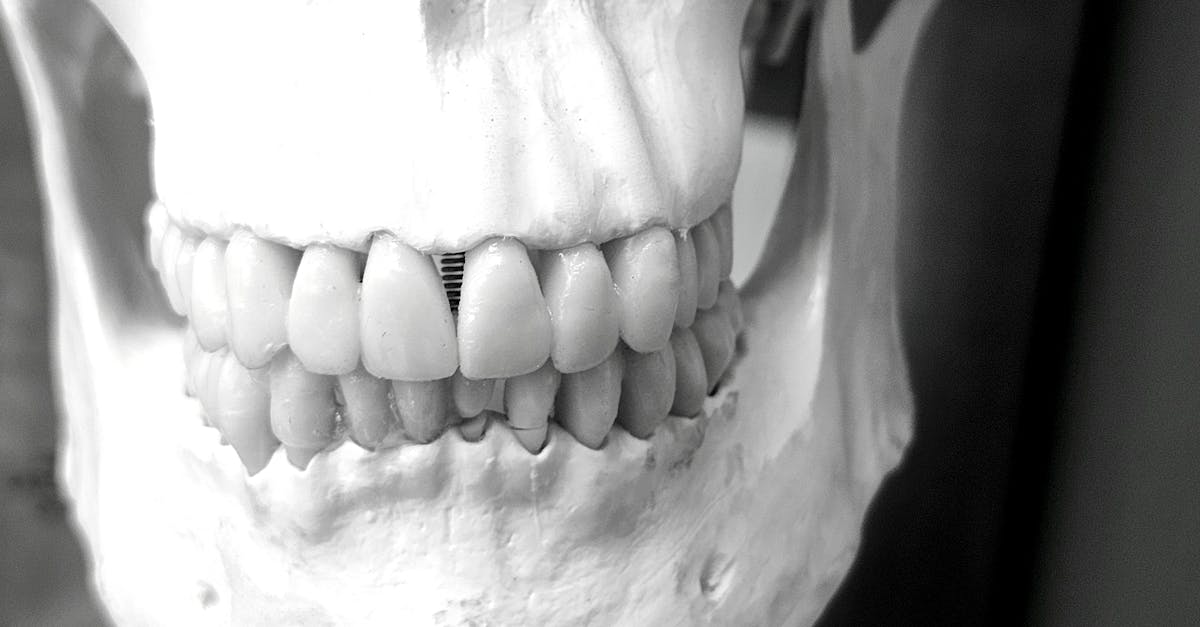Understanding the Health Benefits of a Balanced Diet
Introduction
A balanced diet is more than just a trend—it's a lifestyle choice with a profound impact on your health. By incorporating a variety of nutrient-rich foods into your meals, you can enhance your well-being and vitality. Understanding the importance of a balanced diet highlights its essential role in maintaining overall health.
Advertisement
What is a Balanced Diet?
A balanced diet includes a wide range of foods in the right proportions. It should consist of fruits, vegetables, grains, proteins, and dairy. These food groups provide essential nutrients like carbohydrates, proteins, fats, vitamins, and minerals. Ensuring variety prevents nutrient deficiencies and promotes optimal health.
Advertisement
Boosts Energy Levels
One of the immediate benefits of a balanced diet is a noticeable boost in energy levels. Consuming a mix of carbohydrates, proteins, and healthy fats helps maintain stable energy throughout the day. Nutrient-dense foods like whole grains and lean proteins fuel the body efficiently, reducing fatigue and enhancing productivity.
Advertisement
Supports Immune Function
A robust immune system is essential for defending the body against infections and diseases. A balanced diet abundant in essential vitamins and minerals, such as Vitamin C, zinc, and antioxidants, strengthens immune responses. Foods like citrus fruits, leafy greens, and nuts are excellent choices to enhance immunity.
Advertisement
Promotes Healthy Weight Management
Maintaining a healthy weight requires a balance between calorie intake and expenditure. A balanced diet helps regulate body weight by preventing overeating and reducing the risk of obesity. By choosing whole foods over processed options, you naturally consume fewer empty calories, aiding in healthy weight management.
Advertisement
Reduces Risk of Chronic Diseases
Consistently eating a balanced diet plays a crucial role in reducing the risk of chronic diseases. Nutrient-rich foods combat inflammation and oxidative stress, which are linked to heart disease, diabetes, and cancer. Incorporating fiber-rich grains, colorful vegetables, and lean meats can significantly lower disease risks.
Advertisement
Improves Digestive Health
Digestive health can be greatly improved with a balanced diet rich in fiber, probiotics, and hydration. Foods like fruits, vegetables, and whole grains aid digestion and prevent constipation. Additionally, fermented foods like yogurt and kefir promote gut health, ensuring a smooth digestive process.
Advertisement
Enhances Mental Well-being
Nutrition impacts not just physical health but also mental well-being. A balanced diet supplies the brain with essential nutrients, improving mood and cognitive function. Omega-3 fatty acids, found in fish, nuts, and seeds, and B vitamins play a key role in maintaining mental health and reducing depression.
Advertisement
Encourages Strong Bones and Teeth
Calcium and vitamin D are vital for preserving bone density and dental health. A balanced diet that includes dairy products, leafy greens, and fortified foods ensures adequate intake of these nutrients. Building strong bones and teeth early on can prevent conditions like osteoporosis and dental decay later in life.
Advertisement
Conclusion
In summary, a balanced diet is foundational to a healthy lifestyle, offering substantial benefits such as increased energy, reduced disease risk, and enhanced mental and digestive well-being. By committing to varied and nutritious food choices, you equip your body with essential tools for longevity and vitality. Remember, health is wealth, and it starts on your plate.
Advertisement


